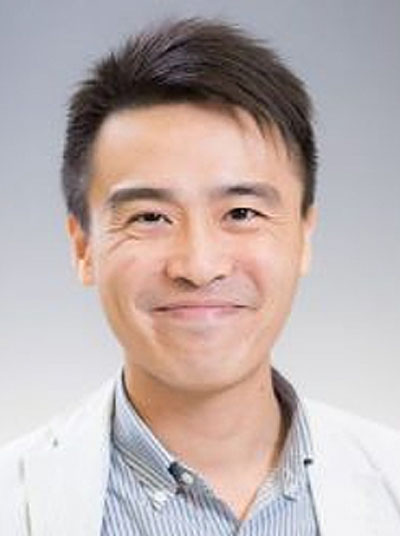 9 October 2014
9 October 2014  South China Morning Post
South China Morning Post

By Ayo Yi-ngok Chan
Don't stifle students' idealism, channel it for the good of Hong Kong
Ayo Chan and Emily Chan say a more democratic election is achievable
Metaphorically, "one country, two systems" is a symbiosis - like that of a clown fish and anemone. While the symbiotic union is usually mutually beneficial, it can turn antagonistic if the inherent contradictions are not well managed.
Hong Kong's "high degree of autonomy" is being challenged by the new Beijing leadership, which gives priority to national sovereignty and security.
Economically, a widening wealth gap, lack of economic restructuring and high property prices are examples of conflicts arising from the "double integration" of Hong Kong's economy with that of mainland China and with the rest of the world. Socially, linguistic, cultural and value differences between Hong Kong and the mainland have deepened mistrust. In essence, there is unease between the clown fish and anemone.
How should this off-balance relationship be addressed? One particular episode in Chinese history may be instructive - the story of how the legendary ruler Yu the Great devised a flood control system that greatly benefited the people some 2,300 years ago.
Yu's father, who was appointed to stop the floods, spent more than nine years building dykes and dams along riverbanks. But, despite his efforts, the floods persisted.
As an adult, Yu continued his father's work but instead of dykes, Yu built irrigation canals to channel the floodwaters into the fields. This halted the floods, allowing Chinese culture to flourish along the Yellow River.
To draw an analogy, the student movement has unleashed unstoppable political energy. Instead of bottling it, society should treasure the students' enthusiasm and guide their democratic aspirations towards constructive dialogue on electoral proposals.
What should be the focus of the discussion? The National People's Congress Standing Committee is unlikely to make any significant concessions to its decision. But, just as the devil is in the details; so is god. With some thought, we can bring about a more democratic election.
For example, we could enlarge the number of subsectors in the nominating committee to increase its representativeness. Further, it should be possible to eliminate undue influence by the tycoons by doing away with corporate voting.
We can also look at the nomination method for the candidates. For instance, we could use instant-run-off voting, in which voters rank their preferences rather than vote for a single candidate, to avoid split votes.
With careful administration, pan-democrats can become the critical minority in the nominating committee, by expanding their number in the committee through local legislation. Each chief executive hopeful would therefore need their support.
Meanwhile, the pan-democrats can also try to have a say in the governance of Hong Kong through the ministerial system, or by appointment to advisory and statutory bodies.
Our students have kindled political passion in society. Yet, ideals do not always translate into reality or steer people in the right direction. Political leaders must understand what is possible, and pragmatically lead Hong Kong towards social ideals one step at a time.
In the long term, we must aim for an election where all eligible people in Hong Kong have a right to stand and the people can exercise their right to vote, without any unnecessary restrictions.
For better or for worse, students have again made their mark in Hong Kong history.
Ayo Chan Yi-ngok holds a master of public policy degree from Oxford's Blavatnik School of Government and works in banking. Emily K H Chan, who has a master of laws in human rights from the University of Hong Kong, is a former administrative officer with the Constitutional and Mainland Affairs Bureau
This article was published in South China Morning Post on 9 October 2014.

